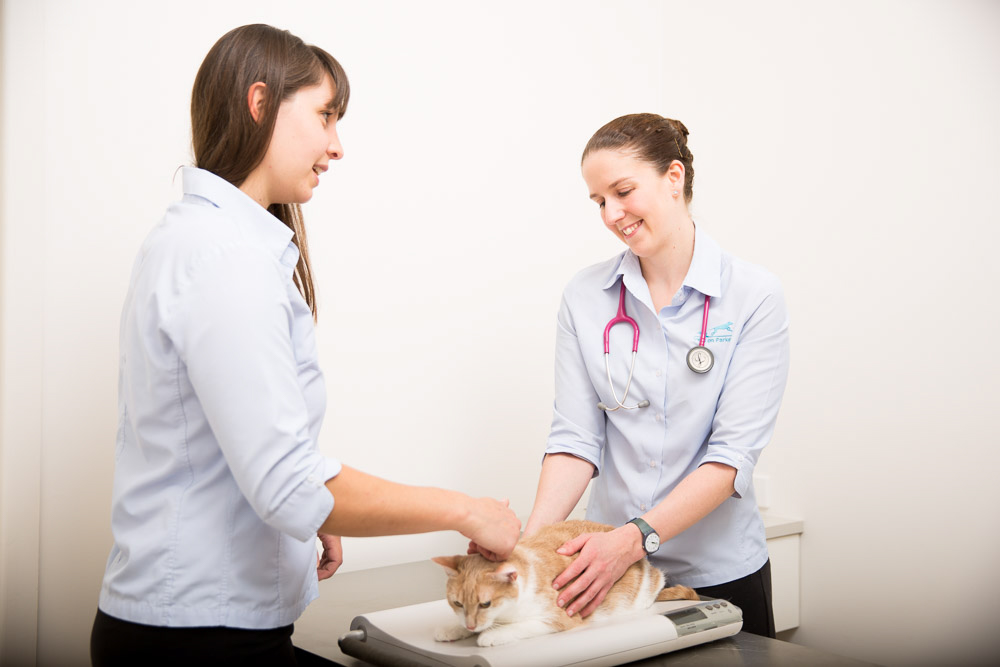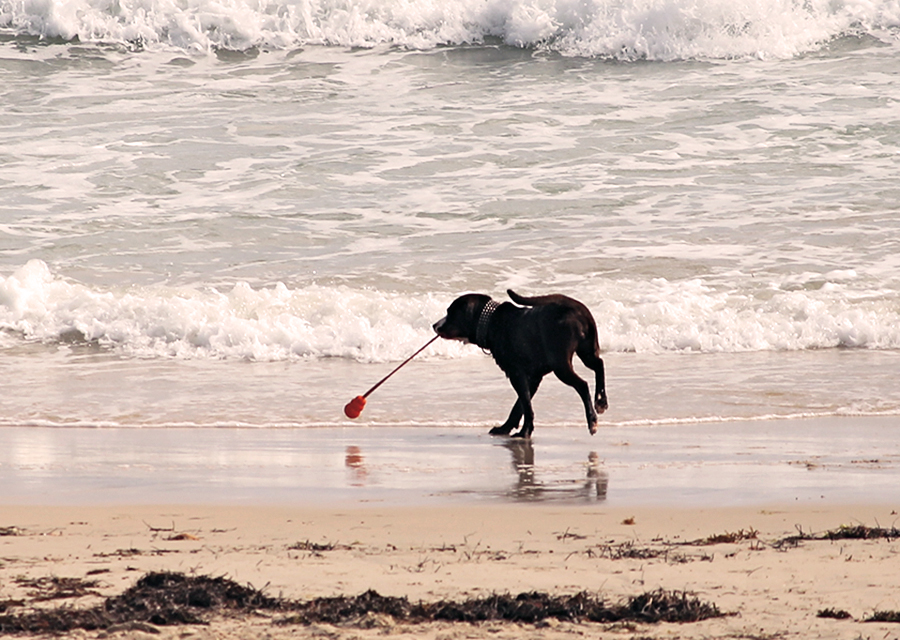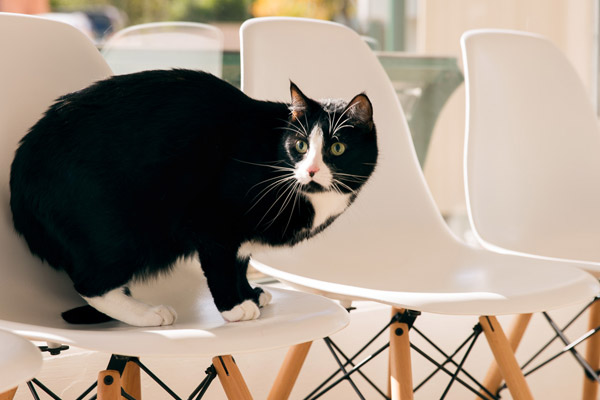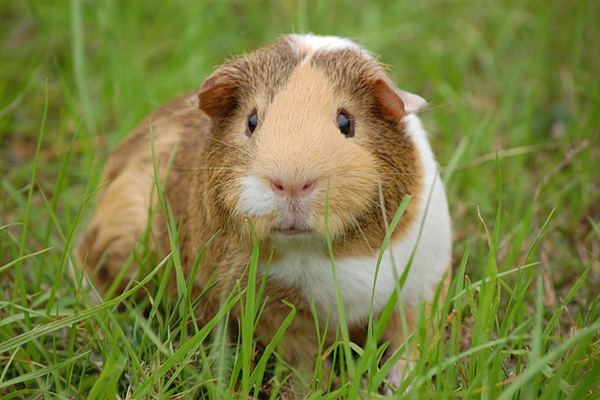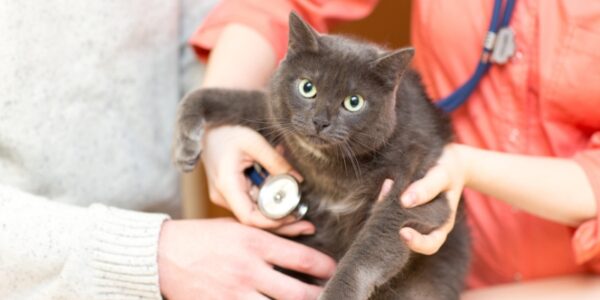We love to see senior pets! Dogs and cats age seven times faster than humans, so it is vitally important that your senior pet has an annual or twice annual health check.
Health checks in senior pets often identi...
Read More
Category: Advice from Dr Kevin
-

-
 Kids love pets, and studies show that owning a pet creates plenty of benefits, such as encouraging respect for living things and even improved academic performance when a pet is kept in the classroom. Owning a p...
Kids love pets, and studies show that owning a pet creates plenty of benefits, such as encouraging respect for living things and even improved academic performance when a pet is kept in the classroom. Owning a p...
Read More -
 The best part of Easter is the sweet treats that fill your house, but not for your pet! Cats and dogs should avoid the types of Easter foods you'll be snacking on. Every year we warn pet owners on the seriousnes...
The best part of Easter is the sweet treats that fill your house, but not for your pet! Cats and dogs should avoid the types of Easter foods you'll be snacking on. Every year we warn pet owners on the seriousnes...
Read More -
 As veterinarians we can always give medicines to stop that itch, but not all of these medicines are safe to use long term. What we need to do is work together (pet owner and vet) to find out why they are itching....
As veterinarians we can always give medicines to stop that itch, but not all of these medicines are safe to use long term. What we need to do is work together (pet owner and vet) to find out why they are itching....
Read More -
 Meet Macy Macy is an Airedale Terrier, who is almost five years old. Her best trick is a classic – it's where she pretends not to hear Dr Kevin's call or instructions. That is, until the treats come out and t...
Meet Macy Macy is an Airedale Terrier, who is almost five years old. Her best trick is a classic – it's where she pretends not to hear Dr Kevin's call or instructions. That is, until the treats come out and t...
Read More -
 Cooling off at the beach is a great way to turn your hot dog into a cool dog. As long as it isn't too hot and you have plenty of water on hand, a trip to the beach with your dog can be an amazing way to spend a s...
Cooling off at the beach is a great way to turn your hot dog into a cool dog. As long as it isn't too hot and you have plenty of water on hand, a trip to the beach with your dog can be an amazing way to spend a s...
Read More -
 We all love a treat over Christmas, but making sure your pet has the right ones is important. It's normal to go a bit over the top with food over the festive period, but whist you're being merry it's important to...
We all love a treat over Christmas, but making sure your pet has the right ones is important. It's normal to go a bit over the top with food over the festive period, but whist you're being merry it's important to...
Read More -
 Vets on Balwyn provides the highest quality of care for your pet. As your pet has been booked in for surgery or anaesthesia we would like to inform you of the extra-care options available. Intravenous fluid thera...
Vets on Balwyn provides the highest quality of care for your pet. As your pet has been booked in for surgery or anaesthesia we would like to inform you of the extra-care options available. Intravenous fluid thera...
Read More -
 When you think about it, it's amazing that any pet learns housetraining manners at all. When your pet's bowels say 'Now!', your pet has to put into motion several complex thought patterns; where to go, how to get...
When you think about it, it's amazing that any pet learns housetraining manners at all. When your pet's bowels say 'Now!', your pet has to put into motion several complex thought patterns; where to go, how to get...
Read More -
 Protect the health of your cat or dog with expert dental care from Vets on Balwyn pet dentist services More than 80% of dogs and cats in Australia are silently suffering from painful dental disease. Tartar and ca...
Protect the health of your cat or dog with expert dental care from Vets on Balwyn pet dentist services More than 80% of dogs and cats in Australia are silently suffering from painful dental disease. Tartar and ca...
Read More -
 Microchipping It is highly recommended that you microchip your pet. Microchips provide a permanent form of identification for your pet that cannot be changed or removed. This identification lasts for the life of ...
Microchipping It is highly recommended that you microchip your pet. Microchips provide a permanent form of identification for your pet that cannot be changed or removed. This identification lasts for the life of ...
Read More -
 Rabbits are great pets! They are a great alternative to cats and dogs and with time and commitment they can be a great addition to your family. Rabbits can live outside in a run or a superb indoor companion that ...
Rabbits are great pets! They are a great alternative to cats and dogs and with time and commitment they can be a great addition to your family. Rabbits can live outside in a run or a superb indoor companion that ...
Read More




